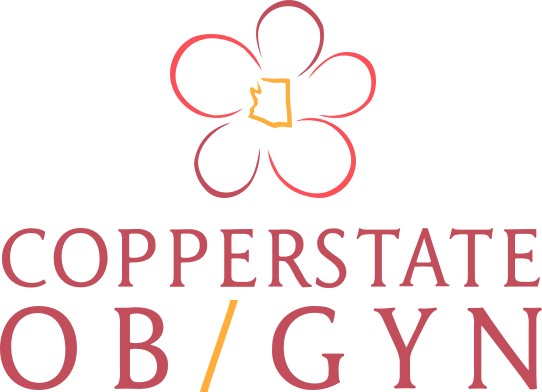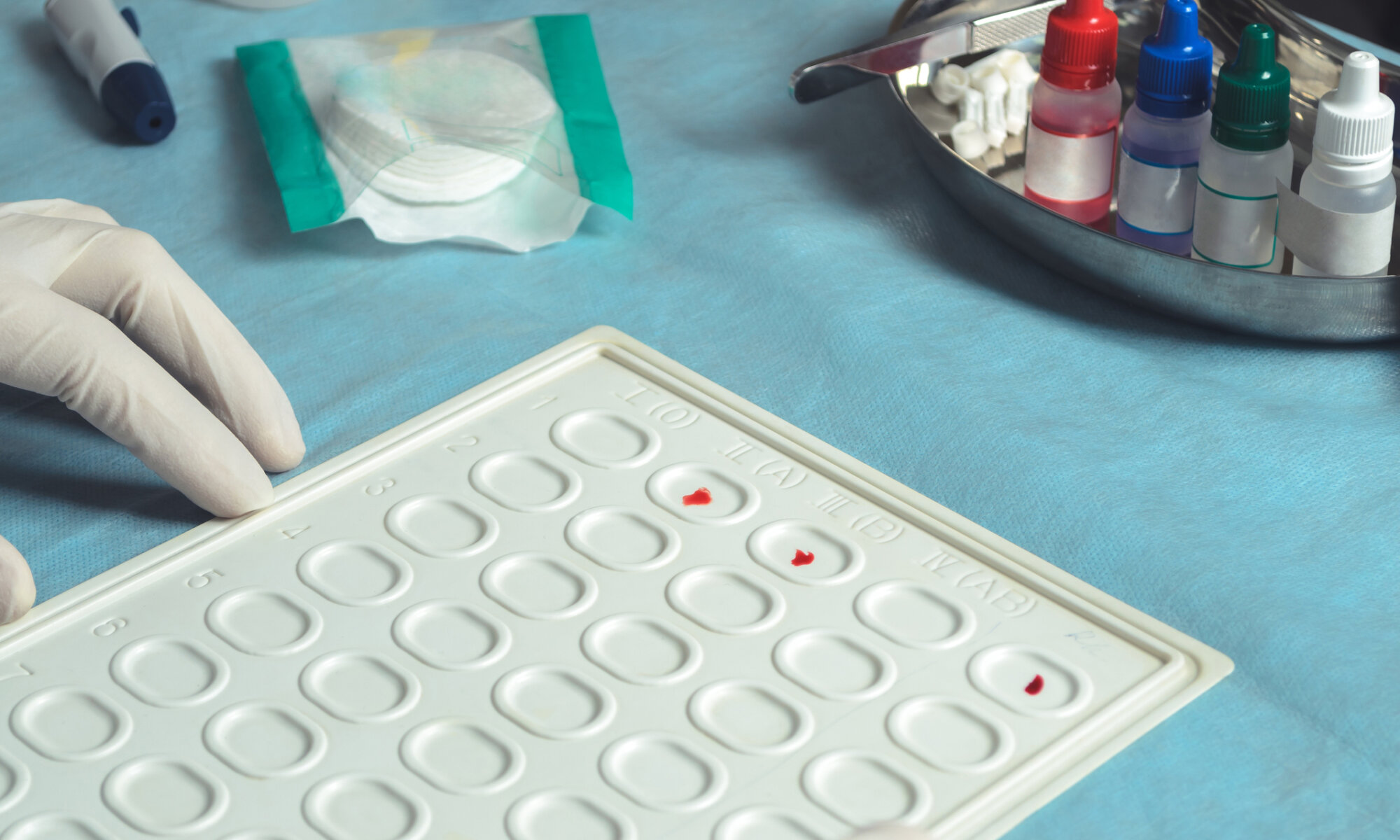One of the first things your healthcare provider wants to test when you’re pregnant is your blood type and Rh blood factor. It’s a common screening usually done during the first prenatal visit. You need to know whether your blood type is Rh-positive or Rh-negative.
It’s important because even though your baby grows inside you, there’s a chance you and your baby have different blood types. Your healthcare provider will want to know you and your baby’s Rh blood types to determine if you need special care.
What is Rh Blood Type?
The Rh factor is a protein found on the surface of red blood cells. It’s genetic, so it’s passed down by mother and father. If your blood has the protein, you’re considered Rh positive. If it doesn’t have the protein, you’re Rh negative.
Rh-positive is more common than Rh-negative. If you are Rh-negative, it doesn’t mean there’s a problem. It isn’t an illness and doesn’t affect your health. The only time it matters is when you’re Rh-negative and your baby is Rh-positive. If your Rh blood factors are incompatible, this can pose a health risk to your baby.
Why Healthcare Providers Test Rh Blood Type
Incompatible blood types have problems when they mix. You can potentially have complications if your baby’s Rh-positive and you are Rh-negative. During a healthy pregnancy, your blood typically doesn’t mix with the baby’s blood until delivery.
If you are Rh-negative and your baby is Rh-positive, your body may develop Rh antibodies to the Rh-positive blood type after exposure. Once your baby is delivered, exposure to their blood may cause your body to reject a positive blood type in the future.
This usually isn’t a problem during your first pregnancy, since you typically won’t develop antibodies until after initial exposure to the positive blood type during delivery. But in some cases, you can develop antibodies after miscarriage, induced abortion, ectopic pregnancy, or trauma.
If you haven’t received treatment after developing antibodies, then potential issues come with subsequent pregnancies. If you’ve developed Rh antibodies, your immune response can damage your baby’s red blood cells.
When Rh antibodies cross through the placenta, it can seriously harm the baby. If your antibodies trigger an immune response to the baby’s Rh-positive blood cells, it could cause life-threatening anemia in your baby. Anemia occurs when blood cells are destroyed faster than they can be replaced. Red blood cells are vital as they carry oxygen through the body.
How Rh Status Is Determined
Your healthcare provider will perform an Rh screening test during your first prenatal visit. It will identify whether your Rh blood factor is positive or negative. You don’t need any special preparation, and you’ll be able to resume normal activity immediately.
Results
If your test results show a positive Rh blood type, you won’t need any further treatment.
If you test negative for Rh blood factor and your baby is positive, your doctor may recommend an antibody screening test. This normally happens around your 28th week of pregnancy and at your delivery.
At the end of your pregnancy, you have a higher chance of being exposed to the baby’s blood. If you are Rh-negative, your doctor will administer a medication that prevents your body from making antibodies against Rh-factor around 28 weeks. The goal of this medication is to attack any Rh-positive blood cells in your body before your immune system recognizes and makes antibodies against them. You can receive this treatment up to 72 hours after delivery.
If you’re Rh-negative and your baby is Rh-positive, you may also need treatment at other times. Some of these include:
- After bleeding during pregnancy
- After trauma to the abdomen during pregnancy
- After miscarriage
- After an ectopic pregnancy
- After an abortion
- After fetal blood sampling
- If attempts were made to manually turn the fetus out of breech presentation
Getting treatment after any of the baby’s blood could have entered your bloodstream will safeguard your next baby from life-threatening anemia.
If you have already developed antibodies, you can still protect your baby. You and your healthcare provider will closely monitor your blood levels to make sure your antibodies don’t get too high.
If you think you may be pregnant, find out your Rh blood type as soon as possible. If you and your baby are incompatible, you can start your prenatal care to prevent any potential complications.
Are you looking for an OB/Gyn you can trust? Do you live in the Tucson area? Book an appointment today!
References

